![Did the Benin kingdom come from Yoruba or vice versa? [Youtube] Did the Benin kingdom come from Yoruba or vice versa? [Youtube]](https://static.netnaija.com/i/r9KYzdyL7q6.webp)
Is the Benin Kingdom related to the Yoruba Kingdom, or did the Yoruba Kingdom birth the Benin Kingdom?
A research work by Victor Osaro Edo from the Department of History at the University of Ibadan was published in the West Bohemian Review and it brings more light to these contentious issues.
The relationship between these two ethnic groups has been the subject of countless debates because of the similarities that exist between the two kingdoms.
We have to delve into the creation stories of these two tribes to better understand the connection.
The Origin of the Yorubas
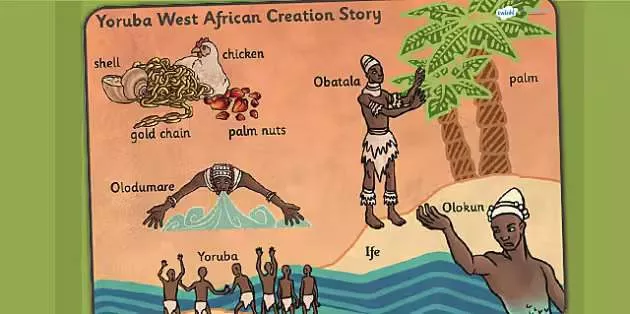
The Yoruba people's origins can be traced back to two popular traditions. First, the creation story claims that the ancestors of the Yoruba people came from heaven, consisting of sixteen immortal Ooye people who were sent by the highest God to create land and humans.
The Ooyes were given sound, cockerel, and iron to work with and eventually settled on Oranfe Hill, where they organised a large population and expanded the town.
The second tradition, a migration story, relates to the Yoruba people's origins in Mecca, Arabia, where they were descendants of Lamurudu (Nimrod) and Oduduwa. These descendants left Mecca due to a war after the rise of Islam, and Oduduwa led his own group to settle in Ile-Ife, possibly in the 7th century AD.
It is important to note that the tradition of coming from heaven to Ile-Ife and being from Mecca are not literal or factual.
Studies show that the Yoruba people, who speak a language belonging to the KWA group of the Niger-Congo family, descended from West Africans.
The Benin Origin Story
The origin of Benin is also not clear, with some claiming it originated in Egypt, while others argue that the Edo people's culture is rooted in Edoland.
The Edo mythology suggests that Benin is the cradle of the world, with the Oba of Benin owning the land as given to him by God Almighty.
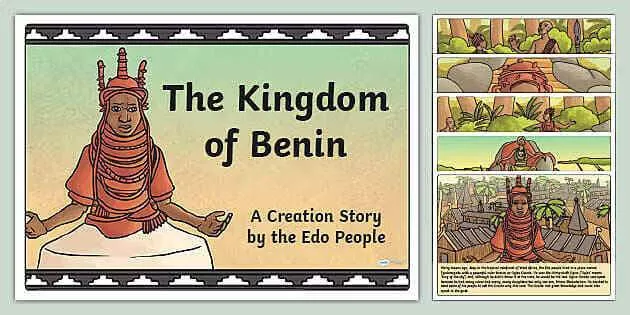
God created the world and sent his sons to rule over different parts. Before leaving, each son chose a gift to take with them to Earth. The youngest son chose a snail shell containing sand, which a hornbill.
When they arrived on Earth, they found the world had water and sky, but no dry land. The youngest son poured the sand into the water, solidifying it like dry land and expanding out into the distance.
God made the youngest son, the Oba of the Benin and his other brothers asked for land in exchange for gifts, leading to the Benin saying 'Oba Yan Oto Se Evbo Ebo' which means 'the Oba owns all of the land up to the European countries.'
The connection between Benin and Yoruba
The connection between Benin and Ile-Ife is through the person of Oduduwa, also called Prince Ekaladerhan, son of the last Ogiso of Benin. Both were skilled scavengers and progenitors of the Yoruba ethnic group.
However, the fact that Oduduwa's son, Oranmiyan ruled over Benin in the 12th century AD and gave birth to Eweka I remains undisputed by both ethnic groups.
People from various ethnic groups have always interacted throughout history, and Benin and Ile-Ife are no different. However, there is proof of a leadership relationship that exists between the two groups that has nothing to do with where they came from.
Since no kingdom or nation can live in isolation, aid from one another is frequently needed in diplomatic relations.
Benin and Ile-Ife were once linked together by Oranmiyan, a descendant of the Oduduwa/Ekaladerhan, which is now what unites them.
Who owns Lagos? Benin, or Yoruba?
Lagos, Nigeria's largest city and chief port, was settled by Yoruba people in the 14th century, who called it "Oko." In the 15th century, the Awori people lived in Lagos, which was later conquered by the Benin Empire in the 16th century. The city became a war camp and a slave trade port, eventually becoming Lagos (named after a Portuguese coastal town).
The Benins tell a different story; they believe Oba Orhogba founded Eko in the 1500s, bridging the relationship between Benin and Portugal. He expanded his empire, naming the land around the sea Eko, now Lagos Island.
The truth is simply an interaction of different ethnic groups.
In 1851, the British occupied Lagos, and in 1861, Lagos became a British colony. Oba Kosoko, Oba Akintoye, and the Oba of Benin played different roles in bring about colonialism and the abolition of the slave trade.
In the words of Chimamanda Ngozi Adiche, "when we reject the single story, when we realize that there is never a single story about any place."

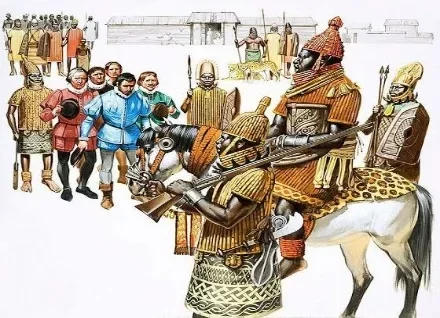
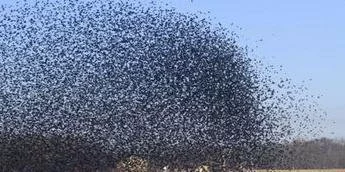
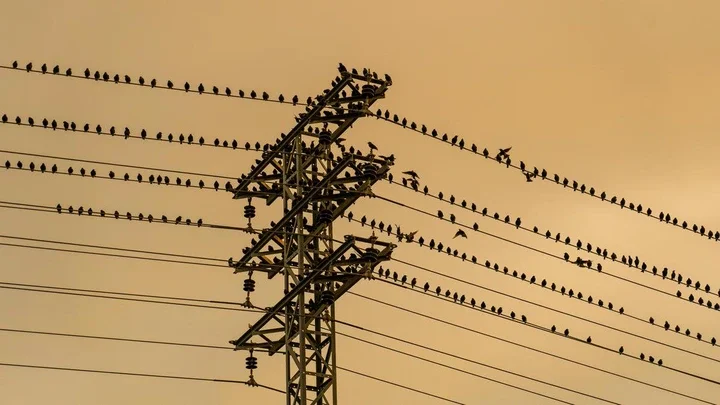
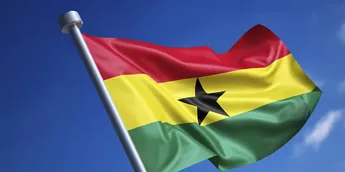
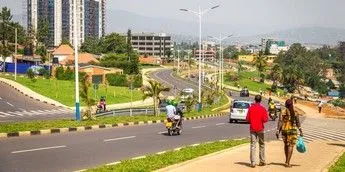



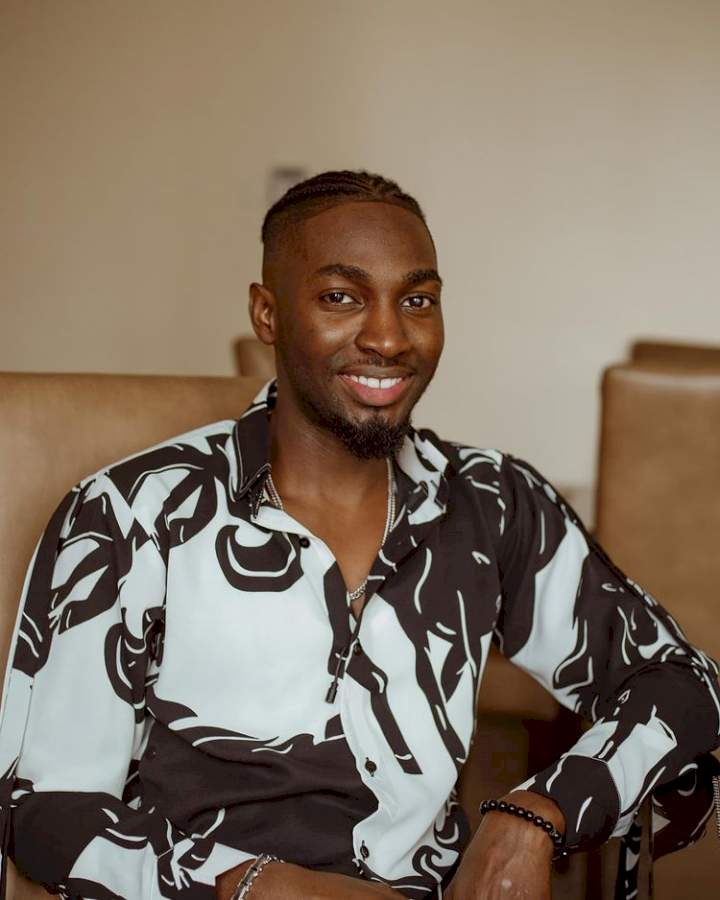

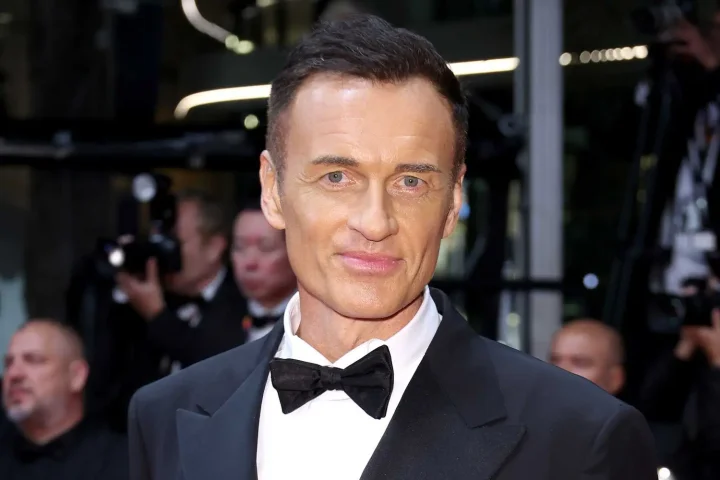
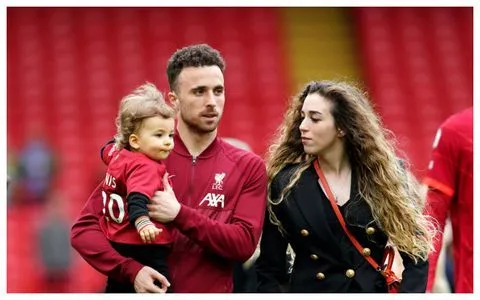

![Pretty Nigerian Virgin Seeks For A Nice Guy To "Tear Her P@nt" [Photo] Pretty Nigerian Virgin Seeks For A Nice Guy To "Tear Her P@nt" [Photo]](https://img.netnaija.com/hsi/aHR0cDovL3d3dy5uYWlqYWxvYWRlZC5jb20ubmcvd3AtY29udGVudC91cGxvYWRzLzIwMTcvMDgvdmlyZ2luLmpwZw==/images/virgin.jpg)

Comments